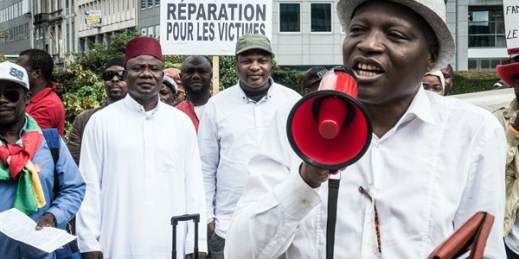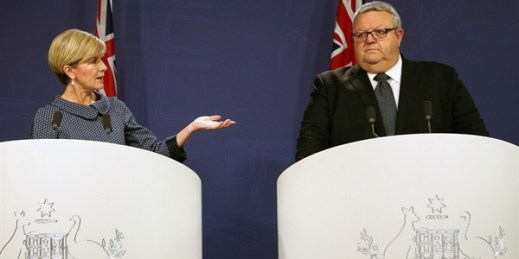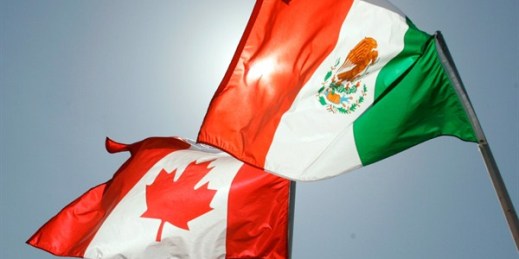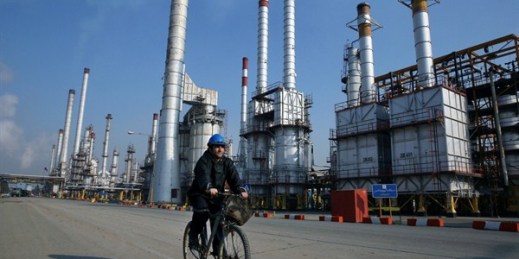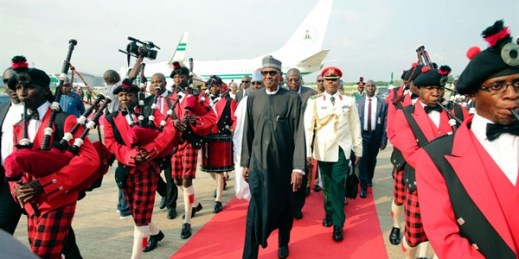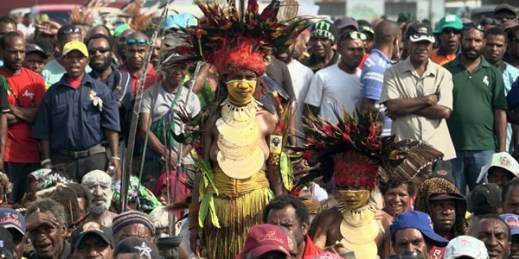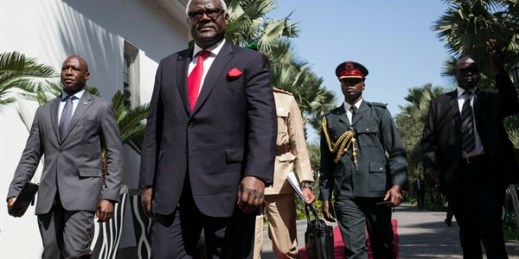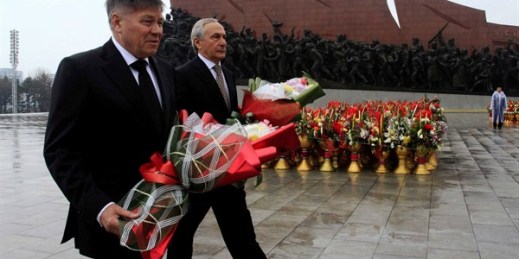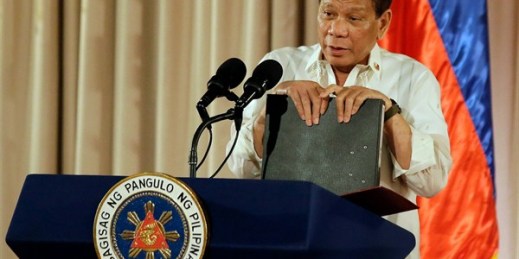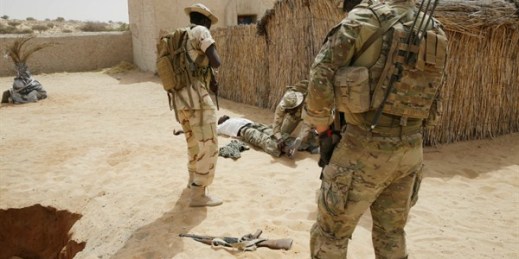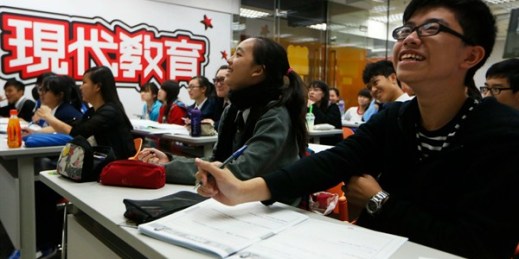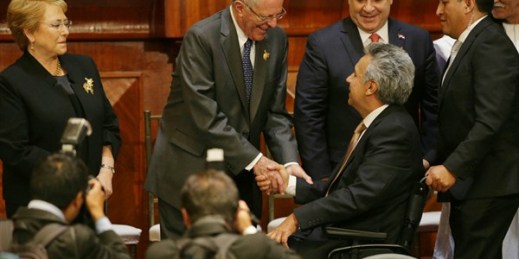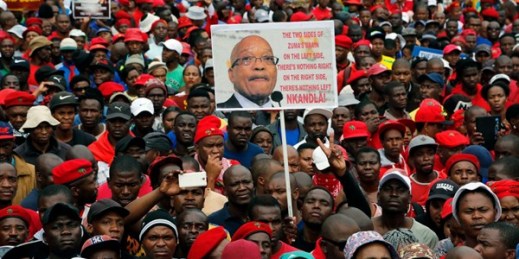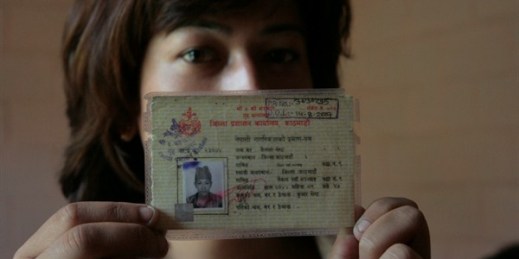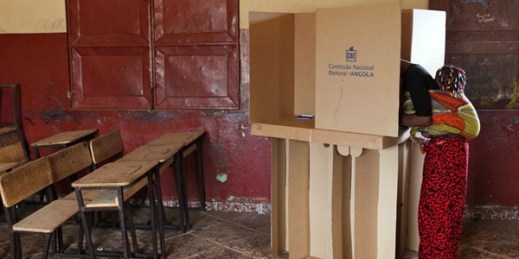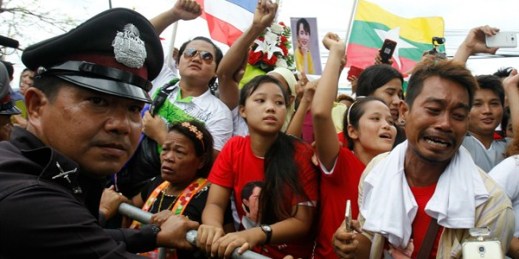
Editor’s note: This article is part of an ongoing WPR series about workers’ rights in various countries around the world. Thailand’s military junta, which came to power in 2014, has faced significant pressure from the United States and European Union to regulate the country’s immense migrant labor force and reduce the exploitation of workers. But the junta’s efforts have been ham-handed and brought an element of uncertainty to workers and employers alike. In an email interview, Kevin Hewison, editor-in-chief of the Journal of Contemporary Asia and Weldon E. Thornton Emeritus Distinguished Professor of Asian Studies at the University of North […]

